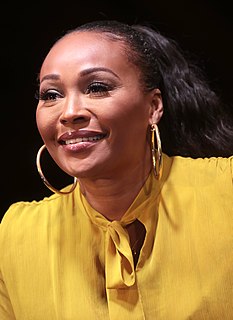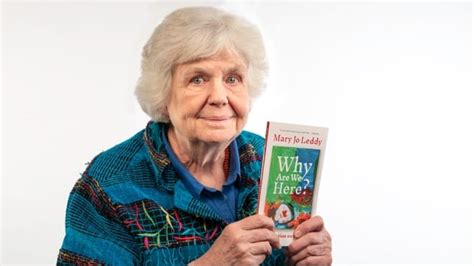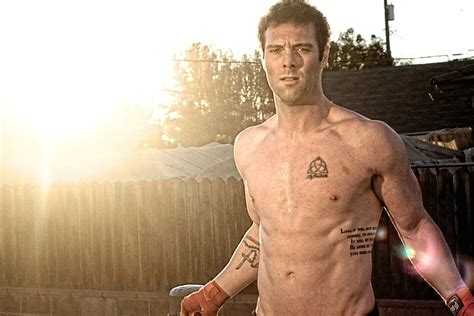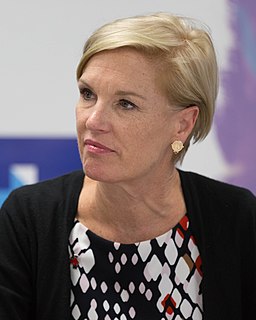A Quote by Michael Ignatieff
Liberal democracy has endured because its institutions are designed for handling morally hazardous forms of coercive power. It puts the question of how far government should go to the cross fire of adversarial review.
Related Quotes
I think the press, by and large, is what we call "liberal". But of course what we call "liberal" means well to the right. "Liberal" means the "guardians of the gates". So the New York Times is "liberal" by, what's called, the standards of political discourse, New York Times is liberal, CBS is liberal. I don't disagree. I think they're moderately critical at the fringes. They're not totally subordinate to power, but they are very strict in how far you can go. And in fact, their liberalism serves an extremely important function in supporting power.
We have throughout our history been tested when it comes to the institutions of our democracy. And thank God our forefathers were smart enough to establish a government of checks and balances to make sure that power cannot be centralized in any one branch of government. And those institutions have proven themselves.
There are still two forms besides democracy and oligarchy; one of them is universally recognized and included among the four principal forms of government, which are said to be (1) monarchy, (2) oligarchy, (3) democracy, and (4) the so-called aristocracy or government of the best. But there is also a fifth, which retains the generic name of polity or constitutional government.
As long-term institutions, I am totally against dictatorships. But a dictatorship may be a necessary system for a transitional period... Personally I prefer a liberal dictator to democratic government lacking liberalism. My personal impression - and this is valid for South America - is that in Chile, for example, we will witness a transition from a dictatorial government to a liberal government.
The longer I am in this work, the more I realize that intellectual struggles are merely the hazardous waste of life, blocking the heart from truth. The task of apologetics is to carefully remove that hazardous material and keep it from igniting into a destructive fire. Once that is done, the way to the heart is always through the way of the Cross, God’s love for each and every one of us.
The problems that exist on Wall Street today go to the center of a debate in this country about wealth and democracy. We cannot keep our democracy if those who are in charge of handling the engines of our economy are not honest with their shareholders. That's why there is a role for government regulation here. That role for government is breaking up the monopolies, insisting on public disclosure, insisting on public audits, insisting on restitution whenever someone has been cheated.


































